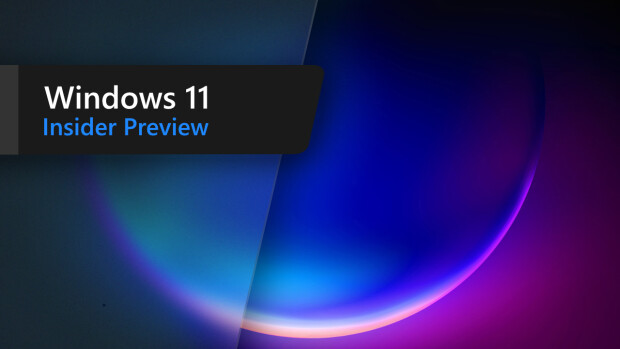Company executives pinpointed the date of the release during a press presentation by Connexion, a new company from Boeing that will provide in-flight Internet service. Earlier, Intel said only that Banias would come out in March. Banias, which will be sold under the Pentium-M name, differs substantially from its predecessors, both from a technological perspective and in terms of how it will be marketed. Earlier Intel notebook chips were essentially desktop chips enhanced for notebook use. They consumed less power than their desktop counterparts. Laptops containing them, however, could still only run two to four hours on a battery charge.
Pentium-M, by contrast, was designed specifically to fit into notebooks. Subsections of the chip go into sleep mode when not in use to conserve energy. Some Pentium-M notebooks will go as long as six hours without a battery charge. The chip will also be heavily marketed with a module for Wi-Fi networking from Intel. The combination of the Pentium-M, a chipset, and the Wi-Fi module, will in fact, be sold under its own brand name: Centrino. To date, Intel has not marketed bundles of chips but only microprocessors themselves.
Until just a few years ago, though, Intel largely sold only microprocessors. But in 1999, the chipmaker began snapping up communications companies. By bundling its Wi-Fi modules with its microprocessors, the company will effectively be able to start to build its own customer base in this market.
![]() View: The full story
View: The full story
![]() News source: c|net
News source: c|net














